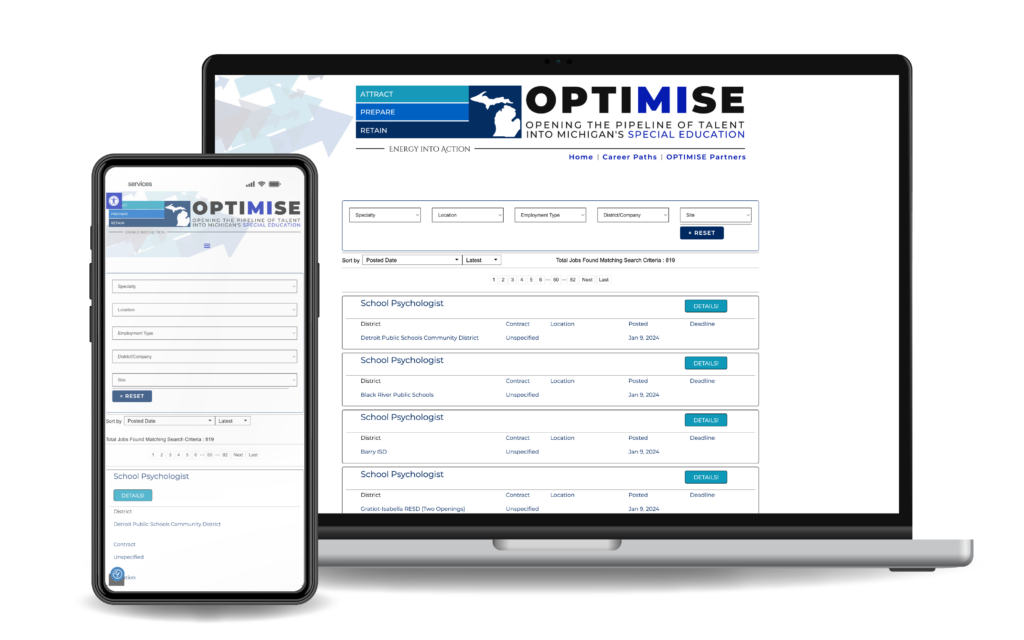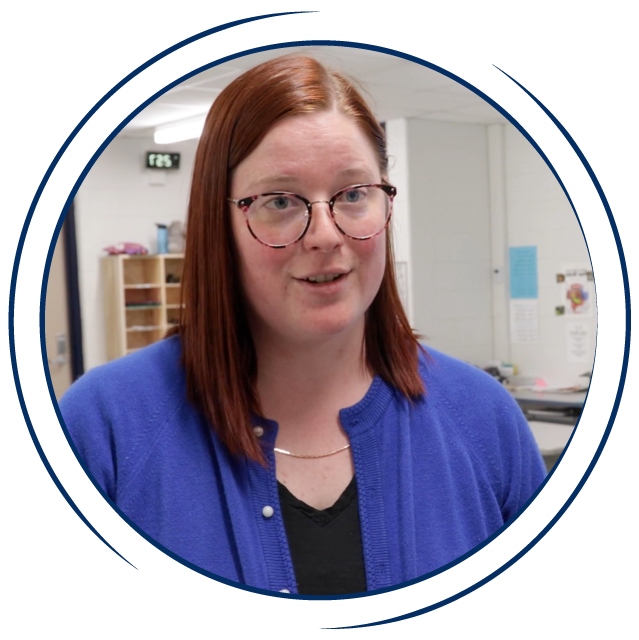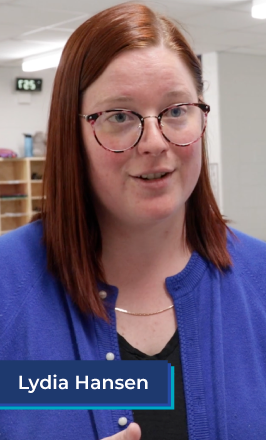What Does an Educational Sign Language Interpreter do?
An educational sign language interpreter plays a pivotal role in fostering an inclusive and equitable learning environment for deaf or hard-of-hearing students. Interpreters ensure that they have access to the same educational opportunities as their hearing peers. Along with the translation of knowledge, interpreters enable meaningful social interactions and active participation in classroom discussions, extracurricular activities, and school events.
Sign Language Interpreters not only enhance academic achievement but also promote a sense of belonging and self-confidence among deaf students, as they can express themselves fully and understand the subject matter at hand.
Interpreters facilitate collaboration between parents, teachers, and students, strengthening the bond between home and school. Recognizing the importance of an educational sign language interpreter is essential in building an inclusive educational system that values diversity and empowers all students to reach their full potential.
New Hearing-Tech Gets Deaf Children Communicating
Michigan’s deaf and hard of hearing teachers are using new processes and tech to get students communicating.

Deaf Education Jobs

Start Your Educational Sign Language Interpreter Journey
To work in Michigan schools as an Educational Sign Language Interpreter:
STEP ONE
Earn an Associates degree or Bachelor’s degree
STEP TWO
Pass and earn the Educational Interpreter Performance Assessment (EIPA) Certification OR the Board for Evaluation of Interpreters Certification (BEI) 2 Certification
You can take the National Interpreter Certification (NIC) as long as you have a Bachelor’s degree.
Certifications/Licensing
Applicants must obtain an associate’s degree or higher. There are 3 levels of the BEI exam. Each level represents a different degree of skill and expertise in sign language interpreting. If applicants want to obtain a higher level of the BEI exam, they must pass the first exam to continue to the next.
- BEI 1 (Board for Evaluation of Interpreters Level 1):
- Entry-level certification.
- Designed for interpreters who are relatively new to the field or have limited experience.
- Demonstrates foundational skills in sign language interpreting and communication.
- Typically qualified to interpret in simple, straightforward settings and interactions.
- May work in settings such as basic educational environments, and community events
- BEI 2 (Board for Evaluation of Interpreters Level 2):
- Recommended for an Educational Sign Language Interpreter.
- Intermediate-level certification.
- Qualified to work in a wider range of settings, including more complex educational, medical, and performing arts, and business environments.
- BEI 3 (Board for Evaluation of Interpreters Level 3):
- Advanced-level certification.
- Represents a high level of expertise and experience in sign language interpreting.
- Qualified to work in complex legal proceedings, advanced medical contexts, technical fields, and other specialized areas.
Michigan requirements: score a 4.0+, pass the written assessment, possess an elementary endorsement (to interpret only k-6 classrooms) or a secondary endorsement (to interpret only 7-26 classrooms)
Holders of this certification have demonstrated general knowledge in the field of interpreting, ethical decision making and interpreting skills. Candidates earn NIC Certification if they demonstrate professional knowledge and skills that meet or exceed the minimum professional standards necessary to perform in a broad range of interpretation and transliteration assignments.
Free College Opportunities
Dual Enrollment & Early Middle College Options for High School Students
Dual Enrollment – Allows students to earn college credit (up to 10 courses) while in High School at no cost between 9th-12th grade. The classes that students are eligible for must not be offered by the high school or PSA and must lead towards postsecondary credit, accreditation, certification, and/or licensing.
How to apply – Students are to talk with their high school advisor on eligibility, application, deadlines, and college course options.
Early Middle College (EMC) is a Michigan Department of Education approved five-year program of study.
EMCs work closely with certain colleges to provide students with an opportunity earn a high school diploma and one or more of the following:
- 60 transferable college credits
- An associate degree
- A professional certification
- The Michigan Early Middle College Association (MEMCA) technical certificate
- Participation in a registered apprenticeship
Scholarships & Grants
Ensures all eligible Detroit residents have a tuition-free path to a degree. The student should check with the school to ensure their degree is pell-eligible. This scholarship cannot cover programs that are not Pell-eligible. Detroit Promise funding is not competitive; every student who registers and meets the requirements will receive funding if their college determines they have an eligible funding gap.
Need help paying for college? Fill out the FAFSA – Federal Student Aid – form each year in October, and you may qualify for loans to help cover college tuition.
Volunteer to Gain More Experience!
Get hands-on experience and find a classroom near you that is in need of a volunteer!
Job Shadowing
To participate in a job shadow, reach out to a school district and request to job shadow a Sign Language Interpreter for a day.
Each school district has their own policy when it comes to job shadowing, but you may need a State ID or a driver’s license to participate.
College Program Information
Click a point on the map to find degree programs, scholarships, grants, and organizations to join!

Deaf Education Teacher
A Deaf Education Teacher is a highly specialized educator that facilitates a variety of assignments to deaf or hard of hearing students. These teachers have a deep understanding of the unique communication needs and challenges faced by their students and are trained to provide tailored instruction and support.
They often use different teaching methods, including sign language, speech therapy, and auditory training, to help students access the curriculum and develop essential language skills. Deaf Education Teachers also collaborate closely with other professionals, such as speech therapists and audiologists to create individualized education plans that address each student’s specific needs.
The overall goal of a Deaf Education Teacher is to empower deaf and hard-of-hearing students to reach their full potential and be successful in both educational and social settings.
How to Start your Deaf Education Teacher Journey:
Step 1: Earn a Bachelor’s Degree in any of the following areas:
- Special Education – with a focus on Deaf Education
- Deaf Education
- American Sign Language (ASL)
Step 2: Michigan Test for Teacher Certification
- Pass a test in Deaf Education or Special Education
Step 3: Apply for the Deaf/Hard of Hearing Consortium
Submit the Following:
- The Application for Admission (PDF)
- Official Transcripts
- Copy of current Michigan Teaching Certificate
These can be mailed to:
Elizabeth Flores, M.S.
Program Coordinator
1700 Fulton St. E
Grand Rapids, MI 49506-1801
Phone: 616-632-2976
Fax: 616-732-4431
elizabeth.flores@aquinas.edu
Step 4: Work with the program coordinator on state testing, and other remaining steps

Sign Language Interpreter Story Tellers
Below are videos highlighting Sign Language Interpreter throughout Michigan.
Find out why they love the profession.
This Job Changes Michigan Kids' Lives
Muskegon Area School District
Michigan Deaf Children Connecting to Peers and Parents
Reeths-Puffer Deaf and Hard of Hearing Program
Michigan Children with deaf and hard of hearing challenges benefit from teacher skills.
Sign Language’s Impact in Classrooms
Mona Shores Public Schools
Lydia Hansen shares her love for this exciting career and the benefits it brings to her own life and to the children in the classroom.
join the success
Don’t just take our word for it, hear from Michigan Sign Language Interpreters





